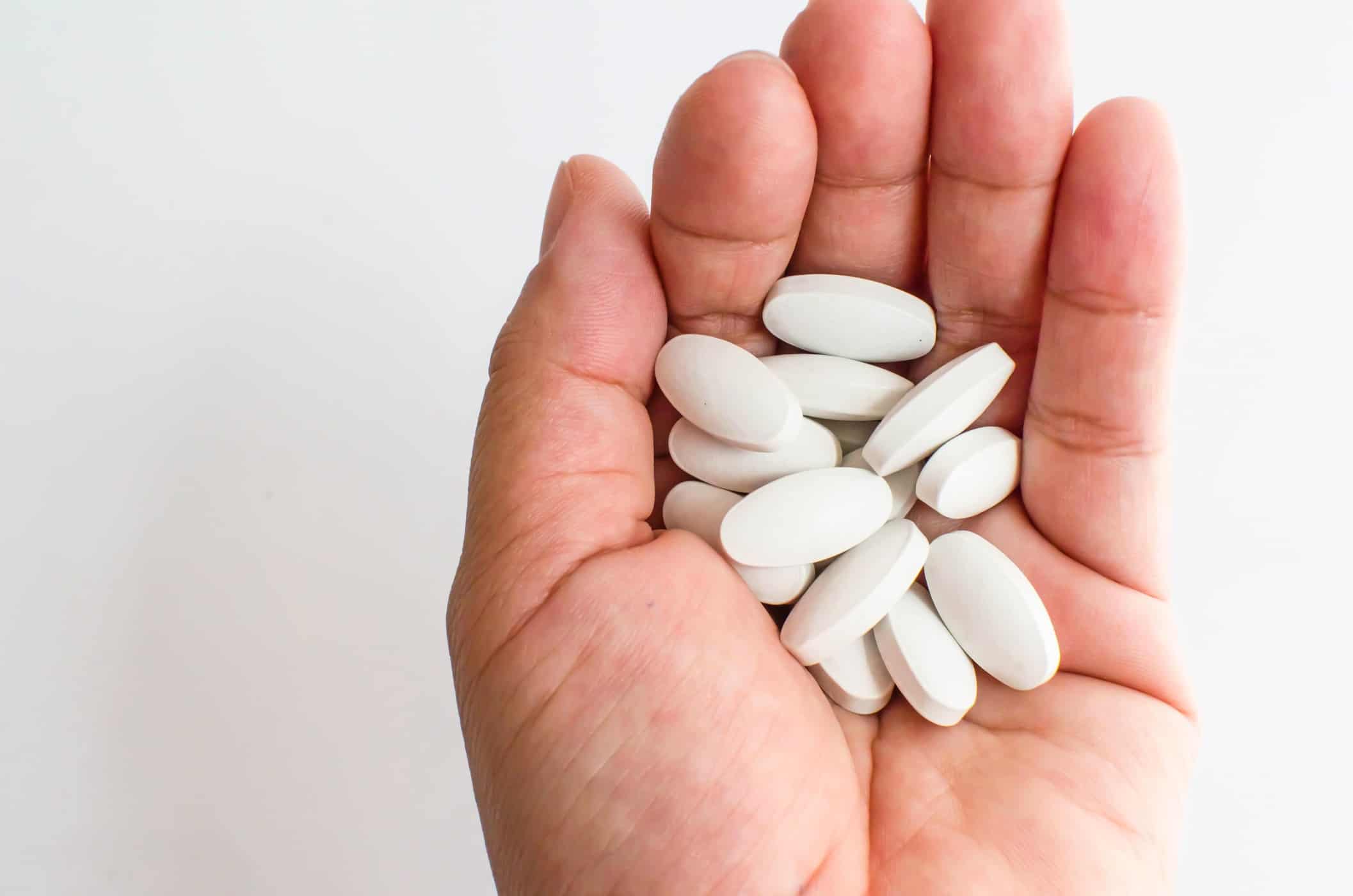Contents:
- Medical Video: The Link between Gout Heart Disease
- A glimpse of gout
- Hypertension drugs can increase the risk of gout
- How to reduce the risk of gout when taking hypertension medication?
Medical Video: The Link between Gout Heart Disease
Some types of antihypertensive drugs and diuretic drugs prescribed for high blood pressure are common causes of gout or gout. Why did it happen? Find out the answers in this article.
A glimpse of gout
Gout occurs when uric acid appears in the blood. Gout is a waste product that forms when your body breaks down chemicals in cells known as purines. Most uric acid is released from the body through the kidneys, the rest is released through the digestive system.
Too much uric acid or too little urination will make uric acid accumulate and can cause crystals to form. This condition usually occurs in the joints or surrounding tissue which can overflow from the joint cartilage into the joint space and trigger an inflammatory reaction from the soft lining (synovium).
The most common symptom of gout is sudden pain in the joint, which generally also coincides with swelling and redness in the painful part of the joint. In many cases, the big toe joint is most often affected. Even so, it does not rule out the possibility of this uric acid buildup in other joints such as the knee, ankle, soles of the feet. Gout also sometimes occurs in the arms, hands, wrists, and elbows. The spine can also be affected even though it is rare.
Hypertension drugs can increase the risk of gout
Diuretic drugs prescribed for high blood pressure are a common cause of gout. This happens because diuretics make you urinate more often and reduce the amount of fluid in your body. However, the remaining fluid in the body will be denser, causing an increased risk of crystals that cause gout. Some types of diuretics also reduce urate renal excretion, which is a component of gout.
Certain antihypertensive drugs also increase serum uric acid levels and thus can cause gout. Beta blockers for hypertension have been shown to increase serum uric acid levels in short-term trials. Conversely, calcium channel blockers and losartan are actually known to reduce serum uric acid levels, potentially reducing the risk of gout.
How to reduce the risk of gout when taking hypertension medication?
With the right approach, gout can actually be lowered with blood pressure medications. A study has shown that some antihypertensive drugs, namely furosemide and losartan can reduce gout.
The second dose of this drug can be adjusted to control blood pressure. Furosemide alone increases gout by an average of one third. If consumed together with losartan, the use will be reduced to only one fifth.
Although losartan can reduce uric acid slightly, this drug is not very effective in reducing high blood pressure. The correct procedure if you have gout and high blood pressure is taking losartan a few hours after taking furosemide which shows a 15 percent decrease in gout. What needs to be understood, always consult a doctor before you take certain blood pressure medications.
There are several other steps you can take to reduce blood pressure while helping to reduce gout, namely:
- Eat healthy foods such as fruits, vegetables, whole grains.
- Reduce the portion of fatty meat and high-fat dairy products.
- Limit drinking alcohol.
- Reduce weight and maintain an ideal body weight based on your body mass index.













